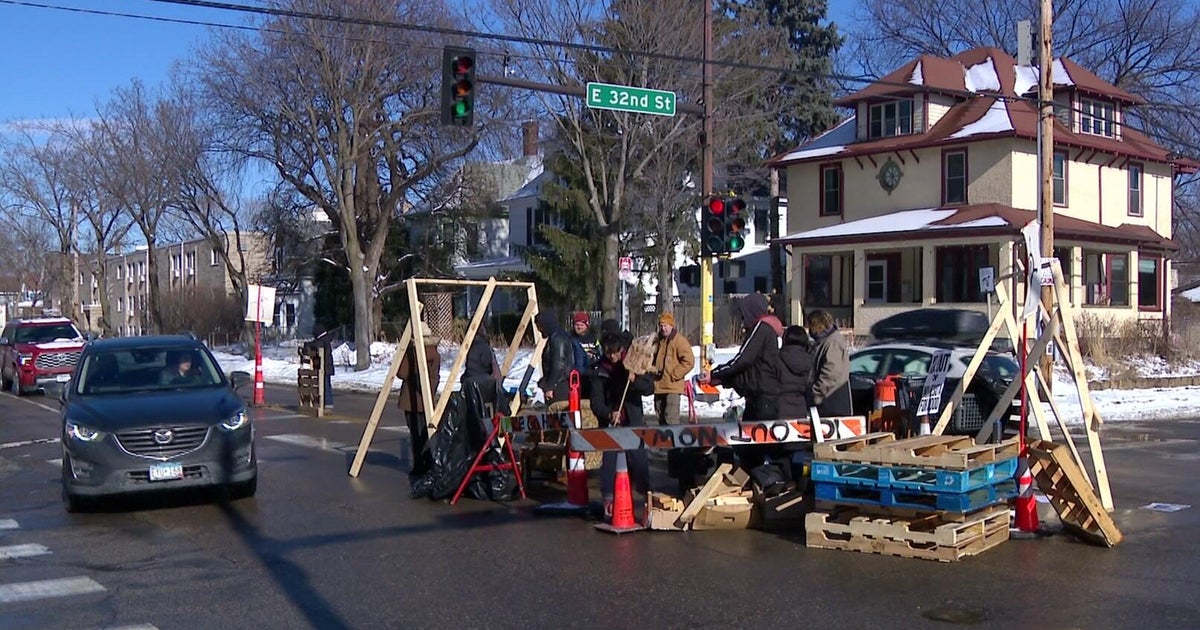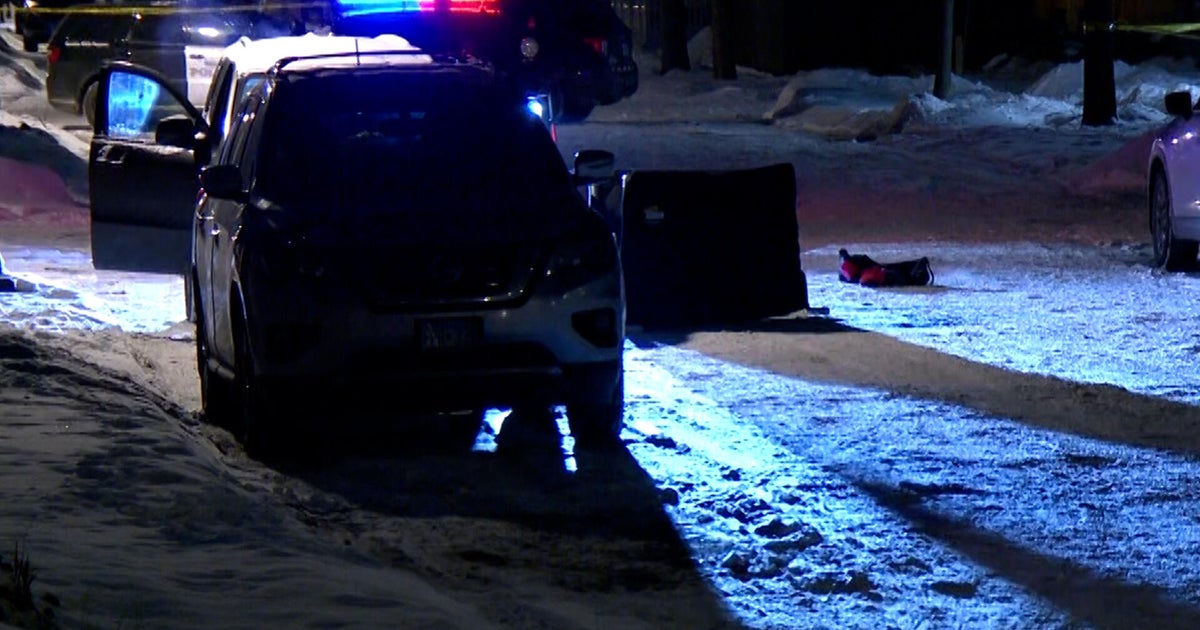'Acute Flaccid Myelitis' Causing Polio-Like Symptoms In Midwest Children
NEW YORK (CBSNewYork) -- There's a new, frightening illness that's causing polio-like symptoms in children in the Midwest.
Doctors suspect it's a virus in the polio family, but overall it's poorly understood. There's no vaccine or specific treatment, but the paralysis it can cause usually gets better. If it doesn't, delicate nerve surgery may help.
What looked like a fever for four-year-old Orville Young became acute flaccid myelitis, or AFM. At his worst, Orville was unable to move the upper part of his right arm and had difficulty moving his legs and sitting up.
"He had abnormality throughout his entire spinal cord," said mother Elaine Young.
Orville is just one of 38 confirmed cases of AFM this year, according to the Centers for Disease Control and Prevention. 14 cases have been reported in Colorado an six in Minnesota, most of whom are children.
Camden Stravers is another one of those children. The three-year-old developed a runny nose and within days, his father says he wasn't able to support his head.
"His right arm function went away and he couldn't stand up," said Justin Stravers.
With the lack of effective treatments, doctors often don't know if the paralysis will be reversible. It wasn't for two-year-old Maipele Burns, whose AFM attack caused her to lose all function in her right arm.
"She was playing normal (like a) kid, and my husband noticed her arm was kind of just hanging there," said mom Carlene Burns.
To try and restore function to Maipele, Dr. Mitchel Seruya at Children's Hospital Los Angeles carried out a pioneering nerve transfer surgery. Doctors took nerves from her ribs and diaphragm and diverted them to her arm to make her fingers, wrist, and elbow bend and straighten.
"You have to get in there by eight to 12 months to fix the nerve, otherwise the nerve loses its connection to the muscle and at that point you run the risk of not being able to reverse the paralysis," said Seruya.
18 months of intense physical therapy has restored some movement in Maipele's elbow and hand, and doctors expect her condition to improve over time.
Experts say you should take your child to the hospital right away if he or she develops AFM symptoms like limb weakness, facial drooping, and trouble swallowing or speaking. Fortunately, the disease is extremely rare with only 100 to 150 total cases per year - none of which have been reported in the Tri-State Area.







